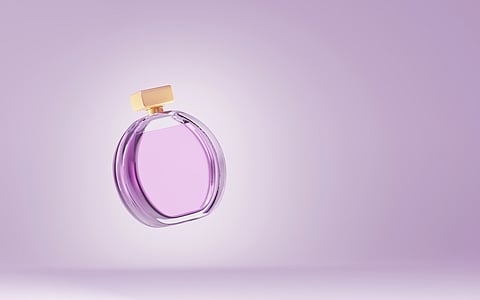

Before bottles of perfume lined shop shelves, the idea of capturing a scent was already thousands of years old. Imagine ancient temples in Egypt filled with the smoke of burning resins, or Greek athletes rubbing fragrant oils onto their skin after training. Perfume, from the Latin words per fumum meaning “through smoke,” first appeared not in bottles but in the air, carried by incense during rituals and prayers.
The Egyptians were among the first to treat perfume as something divine. They mixed oils with myrrh, cinnamon, and flowers, believing the aromas pleased the gods. In fact, archaeologists have discovered 3,000-year-old perfume jars buried with queens, still carrying faint traces of their fragrance. The Greeks later made perfume more personal, storing it in small decorated bottles, while the Romans used it everywhere — in baths, on clothes, and even sprinkled on their pets!
Perfume-making became more scientific in the Middle Ages, when Arab scholars perfected the technique of distillation — a way to extract scents from plants. This knowledge travelled across Europe, where places like Grasse in France became famous for fields of roses and lavender used in perfumes. By the 18th century, perfume had become a fashion statement, with kings and queens known for their signature scents.
Today, perfume is both art and science. Perfumers, sometimes called “noses,” spend years training to detect and combine hundreds of smells. They mix natural extracts with synthetic ingredients to create fragrances that can remind you of anything — from a blooming garden to freshly baked biscuits.
Cleopatra used fragrance to make an entrance
The Egyptian queen was said to soak the sails of her ships in perfume so the scent announced her arrival before she was seen.
Grasse in France is the perfume capital of the world
This small town has fields of roses, lavender, and jasmine, and supplies ingredients to many of the world’s top perfume houses.
Your nose remembers scents better than sights
Smell is directly linked to memory in the brain, which is why a perfume can instantly remind you of a person or place.